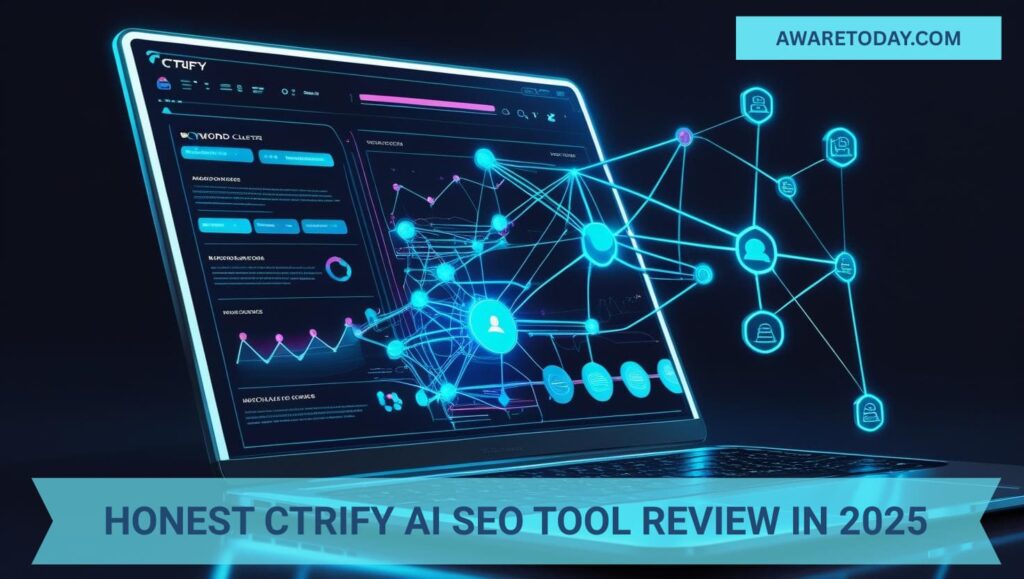Meta, the old Facebook, is the new challenger that is stepping into a world dominated by powerful search engines like Google and Bing. The social media giant has been developing an AI search engine to change the very way people find information on the internet. The new search engine will make searches more intuitive, relevant, and personalized. A search engine AI-based is within the company’s long-term strategy of the use of AI in making user experiences on its platforms better.
What is an AI-Powered Search Engine?
An AI-powered search engine, using more advanced artificial intelligence, would understand and process much more information like a human would. Unlike most traditional keyword-based search engines, the AI-powered search employs machine learning, NLP, and data analysis when understanding the intent behind a question asked in the search. This allows it to come up with results that are more accurate, relevant, and personalized.
AI is going to be at the heart of making search smarter and faster for Meta. With enormous data training, these algorithms are capable of understanding complex queries and delivering results that are highly relevant.
Why is Meta Building an AI-Powered Search Engine?
Meta’s new search engine is a strategic move of the company that reflects what is in its goals—the position of leadership in AI.
Meta, with this orientation toward innovation, understands an AI-powered search tool and sees it as changing not only how people could begin to search within their products but also how possibly their search could expand into all other directions.
Why, then, is Meta creating an AI-powered search engine?
Competing in the Search Market Search engines are a big business. With billions of searches every day, the potential for ad revenue and user engagement is enormous. Meta can tap into this lucrative market with its own AI-powered search engine.
Improving User Experience: Meta AI search attempts to provide better relevance of results for a user. The same search result can make sense better in terms of both context as well as results delivery catering to one’s specific interest and all their past interactions when done by an AI-powered search engine.
Leverage its data strength: Meta has user data in such large quantities. Such data can be utilized for training the AI and to make the search engine incredibly accurate and powerful. This might give Meta’s search engine a unique edge in terms of personalization and relevance.
How Meta’s AI-Powered Search Engine Works
Meta’s AI search engine, to be built, will depend on just a few technologies that make the search’smarter’ and very effective:
1. Machine Learning (ML)
Machine learning algorithms will enable the search engine to learn from patterns in data over time. In this respect, any interaction of the search query and result is a way by which the AI will be learning what people want, thereby arriving at more accurate results when producing further results.
Meta’s algorithms are continually updated and improved with every click and interaction users have while searching.
2. Natural Language Processing
The meaning of the user’s queries will be taken literally, so NLP would realize it. Hence, AI can focus less on the keyword and look for the intention in a question. For example, in “best places for a sunset view,” AI will see it as an intent for beautiful scenery and might return recommendations based on location, time of the day, and scenic qualities.
3. Deep learning and big data
Meta has humongous data in its platforms, including Facebook, Instagram, and WhatsApp. Deep learning makes the AI understand this information to produce more relevant answers. The search engine learns from enormous information to look for patterns and make more intelligent predictions about user requirements.
Key Benefits of an AI-Powered Search Engine
Meta plans to add the following new benefits to the search experience by using the AI-powered search engine:
1. Better Relevance
The AI-powered search engine will be able to bring in better matches between the results and what users want. An AI-powered search engine brings about more accurate search results as it understands the context and analyzes past behavior so that users can find what they need faster.
The results from search, in that regard, are more and more customized, depending on users’ interest and what they do, as the Meta AI search engine analyzes data from Meta’s entire set of products. More personalized results, compared to other searches.
2. Efficient Retrieval
Data from an AI-based search is analyzed at lightning-fast speeds and delivers almost immediate results, hence giving it an even faster method to improve a user’s experience while further urging him or her to engage with content more freely.
3. Smart content recommendations
With AI, Meta’s search can extend beyond search results. This may include recommending other contents, groups, or even posts that a user could find interesting and engage their users in a more lively way.
Conclusion
Meta’s AI-based search tool is an ambitious move that could change the very manner through which we seek internet-based information. The search will be made much faster and more relevant with natural language processing and machine learning when using massive amounts of data, all through Meta. This is something to be dealt with in the near future, but it can offer rewards both to the Meta company and the users, and this will revolutionize the world of online searching and retrieval of information, which might be the complete opposite of how we look at search engines nowadays.









